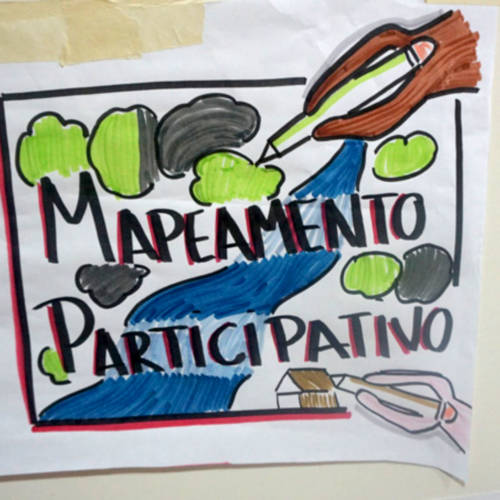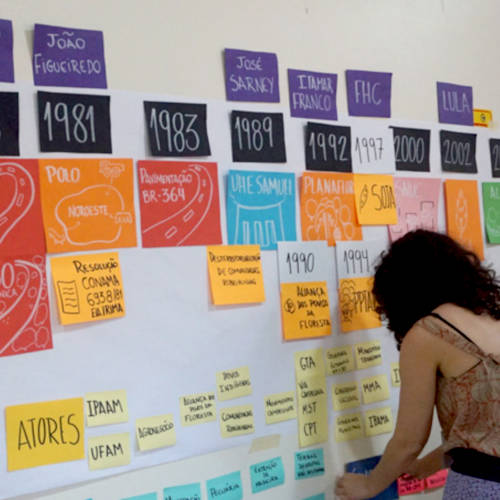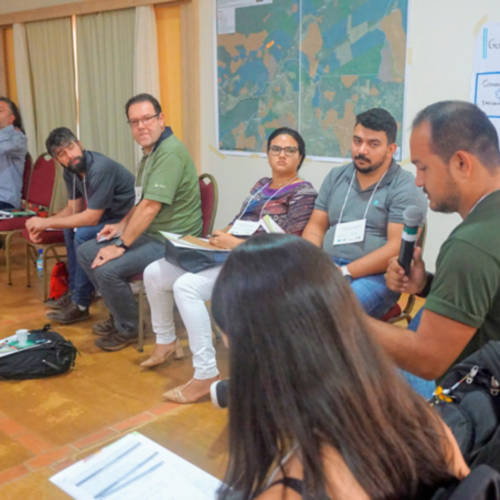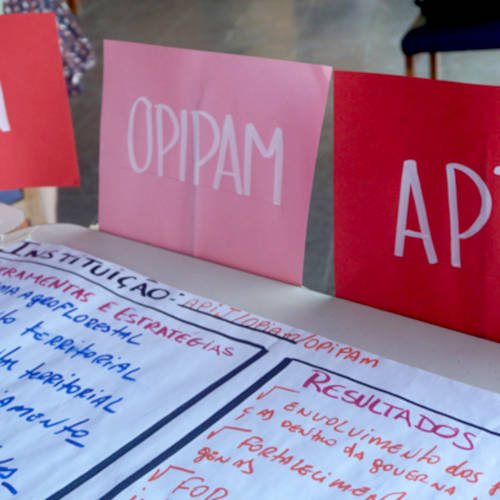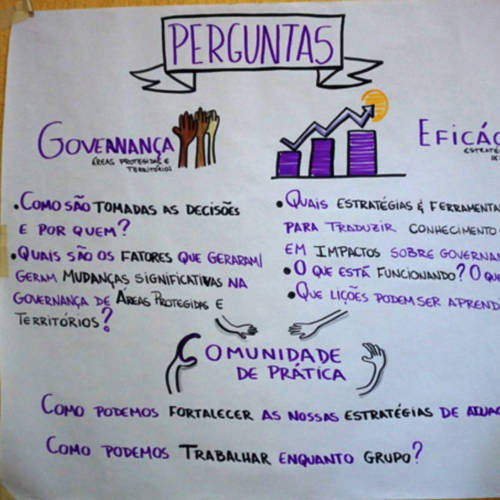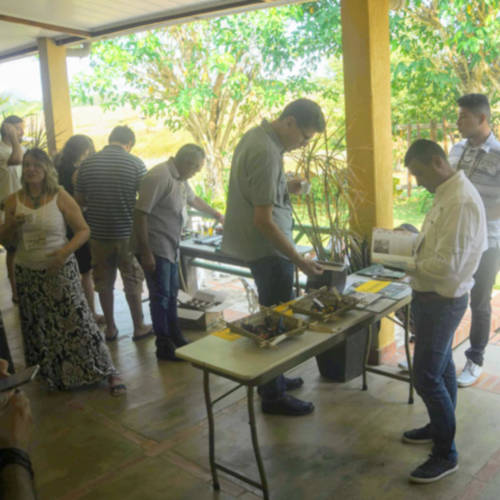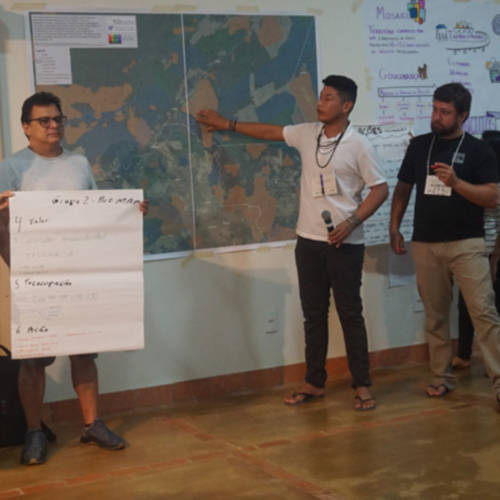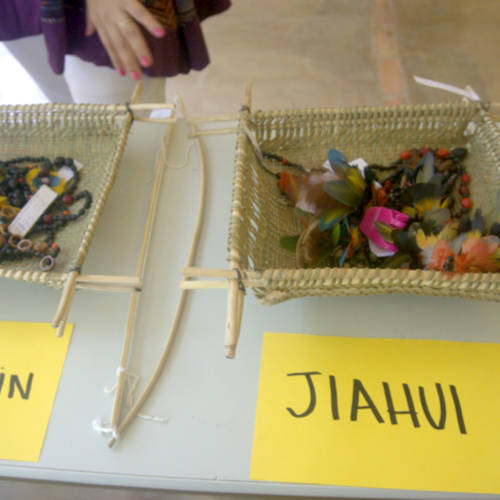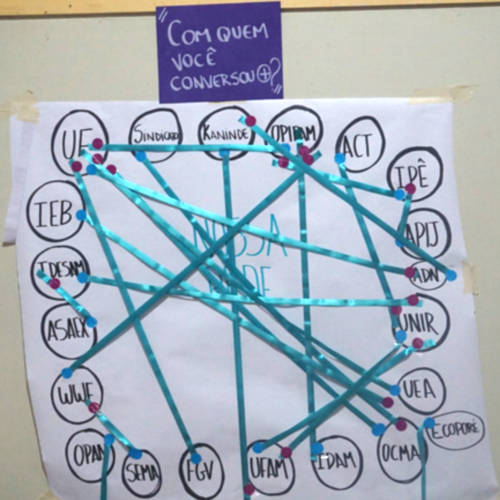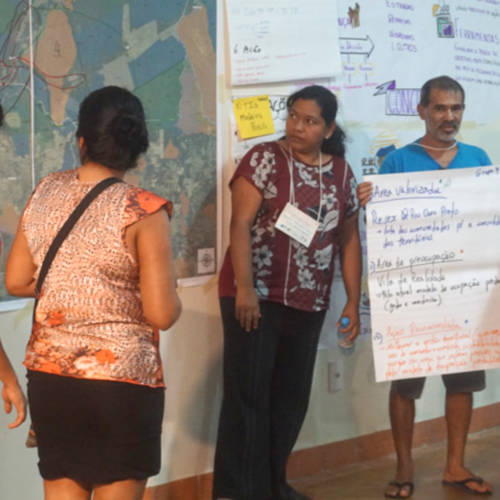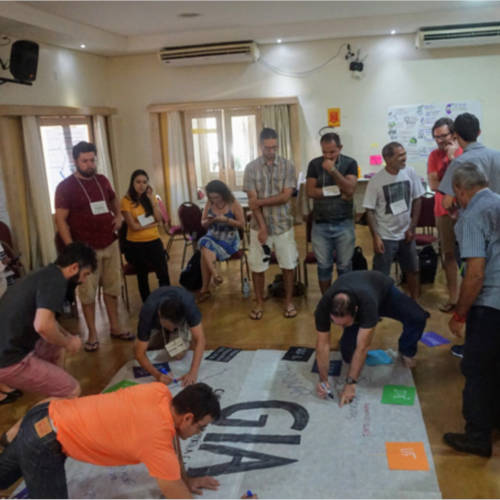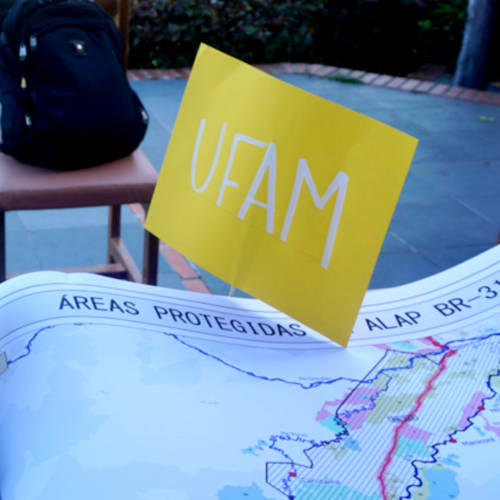The Workshop on “Governance of Protected Areas and Infrastructure Development in Southern Amazonas / Northern Rondônia: Reflections, Lessons and New Directions,” was held on July 23-25, 2019, at Candeias do Jamari, Rondônia – Brazil. It was organized and facilitated by UF and IEB (Instituto Internacional de Educação do Brasil), in partnership with WWF-Brazil and IDESAM (Institute of Conservation and Sustainable Development of the Amazon).
The Workshop goals were to:
- Exchange experiences for reflection and learning about the strategies and tools used by participants to promote governance of protected areas and regional infrastructure development;
- Explore opportunities for collaboration on strategic actions and research projects to strengthen governance and regional socio-environmental development; and
- Initiate a Community of Practice and Learning (CoP-L) among different stakeholders working on governance of protected areas and infrastructure.


